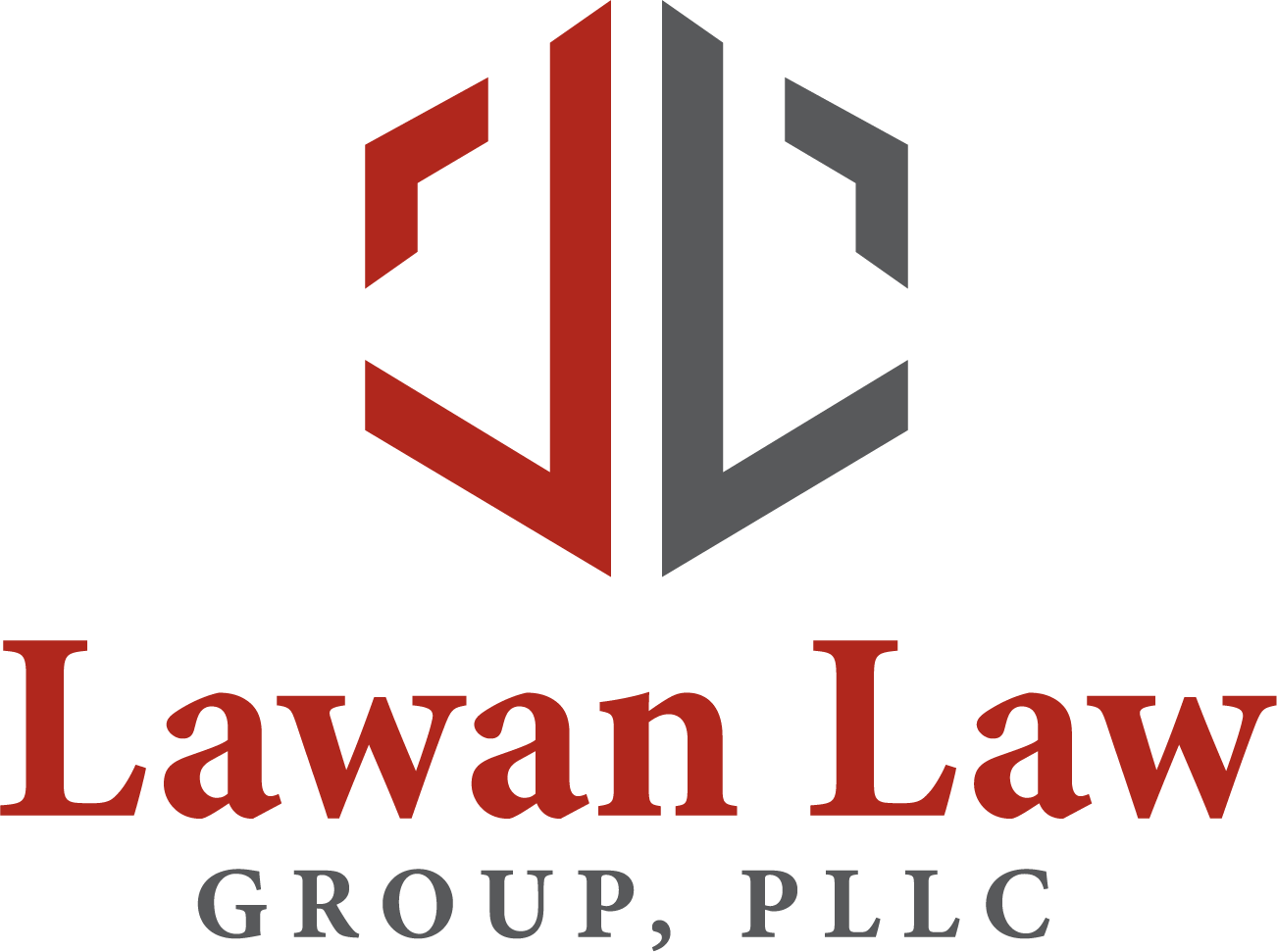One of the main reasons for setting up your business as a corporation or limited liability company (LLC) is to shield your personal assets from debts and other liabilities incurred by your business. Corporations and LLCs exist as separate legal entities from their owners, which allows the business itself to acquire assets, enter into contracts, and take on debt.
In turn, if your business is unable to pay its debts, creditors are typically allowed to only go after your company’s assets, not your personal assets. However, there are several circumstances in which business owners can be held personally liable, and you should understand how these potential pitfalls can leave you vulnerable.
In some cases, business owners simply make innocent mistakes when running their business, and these errors leave them personally liable. Other times, when business owners take certain improper actions, such as using the corporation to promote fraud, failing to observe corporate formalities, or even just inadvertently commingling business and personal assets, a court can hold the owners personally liable for the debts and liabilities of the business. When this happens, it’s known as “piercing the corporate veil.”
If you’re thinking of incorporating your business, or if you already own a corporation or LLC, you should become familiar with the following scenarios that can leave you personally on the hook for your business debts.
Commingling Business & Personal Finances
The biggest risk to your business (and your personal assets) when running a small business is commingling your personal finances with those of your business. It can be something as benign as using a company bank account to pay your mortgage or depositing a check made out to your business into your personal account. If this is happening to you now—and we bet it is, because it happens to almost every business owner we serve—there’s no shame in it, but there could be major risk to you.
Commingling your business and personal finances means that if you are ever in a lawsuit related to your business and a judgment is obtained against your business, a court can decide that you’re using your company as an extension of yourself, and therefore you should be held personally liable for its debts. In that case, everything you’ve read or believed about your business entity protecting your personal assets just goes right out the window, and you lose all the protections of having that entity. On top of that, commingling business and personal finances means you will not be able to make wise strategic decisions based on the financials of your business, and that’s actually your biggest risk, bar none.
To prevent this kind of thing, when you work with us, as your Creative Business Lawyer™, we regularly review your company’s financials with you and your accountant to ensure you’re keeping all of your finances separate in the exact way required to protect your personal assets.
Making Personal Guarantees
If you cosign a business loan or personally guarantee a financial obligation for your corporation or LLC, you share responsibility with the company for paying it back. And if your business defaults on a loan you’ve personally guaranteed, your company’s creditors can come after your personal assets, even if you have a business entity in place.
Using Personal Assets As Collateral
Since many small business owners don’t have a lot of startup capital, you may be asked to use your personal property, such as your home or other assets, as collateral on a business loan. If so, the personal assets you pledged as collateral can be seized and sold off to pay your company’s creditors in the event your company fails to pay back the loan.
Committing Fraudulent Actions
Of course, if you make fraudulent representations or omissions to secure a business loan, you can be held personally liable for those debts. Similarly, if your corporation or LLC was created to further a fraudulent purpose or you made business deals knowing the company wasn’t able to pay for them, you can be convicted of fraud, thereby voiding your personal liability protection.
Failing To Follow Corporate Formalities
Corporations and LLCs are legally required to follow certain administrative formalities and observe certain rules. If you fail to treat your business like a corporate entity by not abiding by these formalities—such as keeping detailed records (minutes) of meetings where important business decisions are made or adopting corporate bylaws—the court can rule your company is nothing but a shell and remove the veil of protection shielding your personal assets.
In fact, maintaining corporate formalities is among the most important actions needed to keep you safe from business creditors, and most small business owners simply don’t do this because it’s the last thing on their priority list. As your Creative Business Lawyer™, we will put you top of our priority list, with our corporate maintenance packages and systems that are specifically designed to help you abide by these formalities and keep your personal assets secure.
Keep Your Veil Intact
In light of all of the complexities surrounding corporations and LLCs, you should meet with us, your Creative Business Lawyer™ to make sure you’re not opening yourself up to be personally liable for your business debts. We will not only help you decide which business entity structure is best suited for your operation, we’ll also assist you in properly setting up and maintaining the entity, so your personal assets are always well protected. Call us today to get started.
This article is a service of Lawan Law Group, PLLC Creative Business Lawyer™. We offer a complete spectrum of legal services for businesses and can help you make the wisest choices on how to deal with your business throughout life and in the event of your death. We also offer a LIFT Start-Up Session™ or a LIFT Audit for an ongoing business, which includes a review of all the legal, financial, and tax systems you need for your business. Call us today to schedule.
